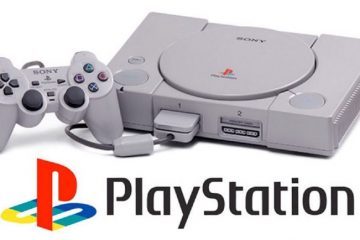What is deliberation without attention effect?
What is deliberation without attention effect?
The deliberation-without-attention effect occurs when better decisions are made when people experience a period of distraction before a decision than when they make decisions immediately or when they spend time reflecting on the alternatives.
What is unconscious deliberation?
A Deliberation condition requires subjects to think about their evaluation of the objects, allowing both conscious and unconscious thought. A third Control condition requires subjects to report their answer immediately, allowing only for minimal conscious and unconscious thought.
What is unconscious mind examples?
Sigmund Freud argued that unacceptable thoughts, memories, and motives could be repressed in the unconscious mind. For example, anger at one’s mother, memories of childhood abuse, and hatred of a family member might be repressed in the unconscious.
What is done unconsciously?
When you do something unconsciously, you’re not completely aware that you’re doing it. This could be anything from unconsciously peppering your speech with “uh” and “um” to unconsciously twirling your hair when you’re concentrating on something.
What is an example of an unconscious decision?
For example, some unconscious decisions result in death. Not the best outcome in the world, is it? Yet far too many of our autopilot decisions lead us straight into an early grave. Smoking and overeating, for example, are daily decisions many don’t think much about, consciously.
What percentage of our decisions are unconscious?
According to Eagleman, 95 per cent of our decisions are made by our unconscious mind throwing fundamental beliefs about free will out the window.
What is Uncautious?
: lacking in caution : careless an incautious remark. Other Words from incautious Synonyms & Antonyms More Example Sentences Learn More About incautious.
What are the common causes of unconsciousness?
Common causes of temporary unconsciousness include:
- low blood sugar.
- low blood pressure.
- syncope, or the loss of consciousness due to lack of blood flow to the brain.
- neurologic syncope, or the loss of consciousness caused by a seizure, stroke, or transient ischemic attack (TIA)
- dehydration.
- problems with the heart’s rhythm.
What percentage of decisions are unconscious?
95 per cent
According to Eagleman, 95 per cent of our decisions are made by our unconscious mind throwing fundamental beliefs about free will out the window.
Can you make unconscious decisions?
Contrary to what most of us would like to believe, decision-making may be a process handled to a large extent by unconscious mental activity. Even several seconds before we consciously make a decision its outcome can be predicted from unconscious activity in the brain.
https://www.youtube.com/watch?v=5NcMFlrnYp8


